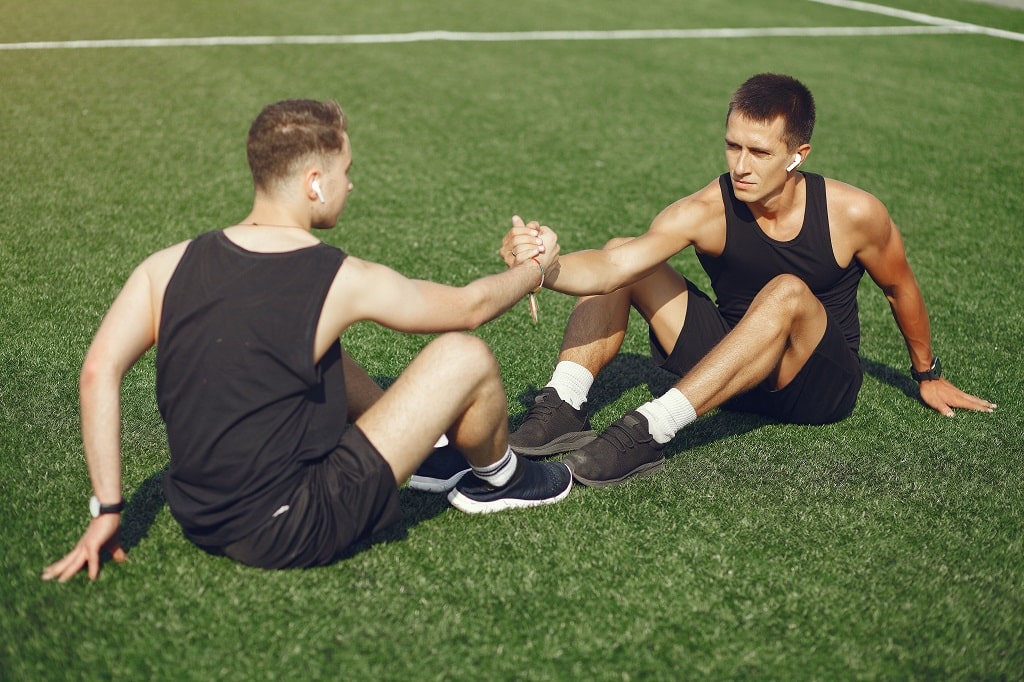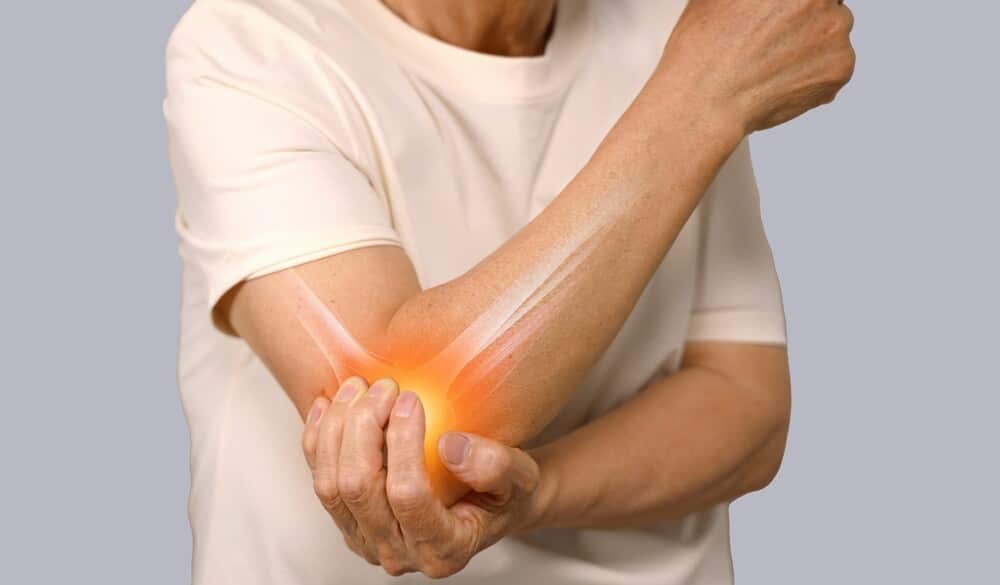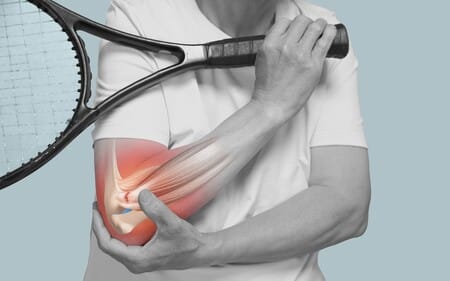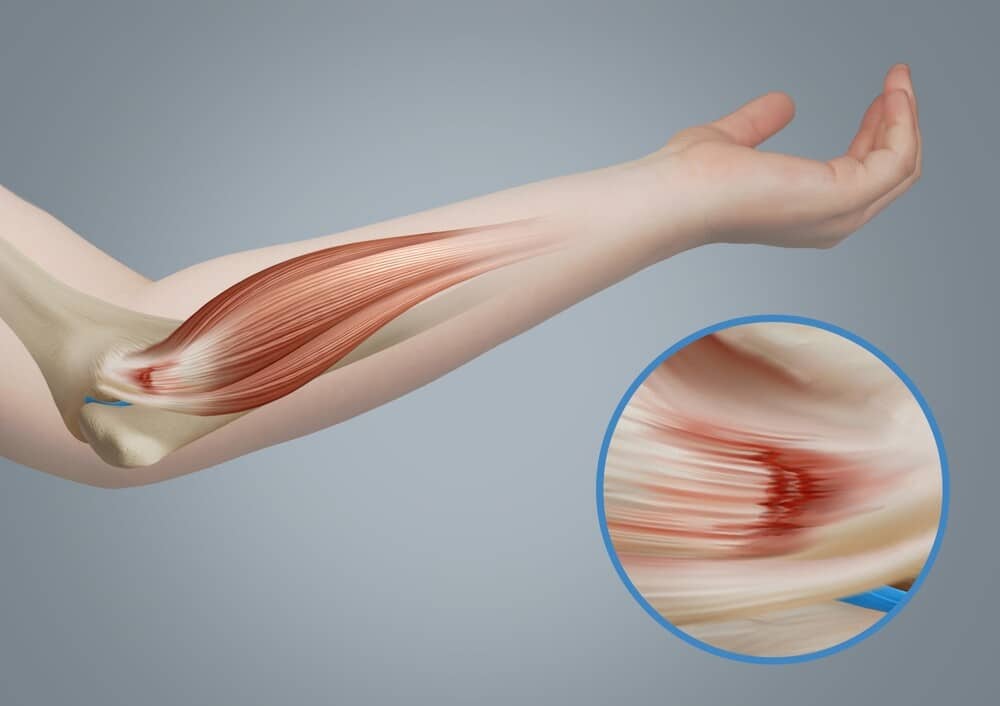
Introduction
Sports medicine professionals play a crucial role in the assessment and treatment of concussions in athletes. These specialists are equipped with the knowledge and expertise to provide comprehensive care to athletes who have sustained head injuries while participating in sports. In this blog post, we will explore what a concussion is, the role of sports medicine doctors in helping athletes with concussions, the process of diagnosing sports-related concussions, and the rehabilitation techniques used to ensure athletes make a full recovery. We will also take a closer look at the Miami Sports Medicine Clinic in Florida, OrthoMiami which serves as an example of the kind of care available to athletes in need.
What is a Concussion?
Before delving into the assessment and treatment of concussions in athletes, it’s essential to understand what a concussion is. A concussion is a type of traumatic brain injury (TBI) that results from a blow or jolt to the head, causing the brain to move rapidly back and forth within the skull. This sudden movement can lead to various neurological disturbances, including altered consciousness, headaches, confusion, memory problems, and even loss of consciousness. While concussions are commonly associated with sports, they can occur in various other situations, such as car accidents and falls.
Concussions are often referred to as mild TBIs because they are generally not life-threatening. However, they can have significant short- and long-term consequences if not managed correctly. The immediate and long-term symptoms of a concussion can vary from person to person, making it imperative for sports medicine professionals to individualize their assessment and treatment plans.
Sports Doctors Help with Concussions
Sports medicine doctors, also known as sports physicians or sports medicine specialists, are medical professionals who have specialized training in diagnosing and treating injuries related to sports and physical activity. These specialists play a vital role in assisting athletes who have suffered concussions.
Sports medicine doctors are well-versed in the assessment and management of sports-related concussions. They understand the unique demands and challenges that athletes face in their recovery process, such as the desire to return to their sport as quickly as possible. This expertise allows them to provide comprehensive care that considers both the athlete’s safety and their long-term well-being.
Sports Concussion Diagnosis
Diagnosing a sports-related concussion is a critical first step in the assessment and treatment process. Athletes who sustain head injuries may not always display immediate or severe symptoms, making it important to have a systematic approach to diagnosis. Here are the key steps involved in diagnosing a sports-related concussion:
1. Clinical Evaluation: When an athlete presents with a suspected concussion, a sports medicine doctor will conduct a thorough clinical evaluation. This typically includes assessing the athlete’s medical history, conducting neurological tests, and evaluating their symptoms. In some cases, specialized sideline assessment tools are employed for rapid evaluation during games or practices.
2. Imaging: In some cases, diagnostic imaging, such as a CT scan or MRI, may be recommended to rule out more severe injuries, like bleeding in the brain. While these tests do not typically show a concussion, they can help in diagnosing other potential complications.
3. Cognitive Testing: Cognitive assessment tools, like the ImPACT test, are often used to evaluate an athlete’s memory, reaction time, and attention span. These tests provide a baseline for comparison in post-injury assessments.
4. Follow-Up Evaluations: Concussion symptoms can evolve and change over time. Follow-up evaluations are critical to monitor an athlete’s progress and make informed decisions about when it’s safe for them to return to sports.
5. Return-to-Play Protocol: Sports medicine doctors work closely with athletes, coaches, and trainers to establish a gradual return-to-play protocol. This protocol outlines the steps an athlete must complete before resuming full participation in their sport.
Sports Concussion Rehabilitation
Recovery from a sports-related concussion typically involves both physical and cognitive rehabilitation. The rehabilitation process aims to help athletes regain their normal function and reduce the risk of long-term complications. Here are some key components of sports concussion rehabilitation:
1. Rest and Symptom Management: In the initial stages of recovery, rest is essential. Athletes are advised to avoid physical and mental activities that exacerbate their symptoms. Sports medicine professionals play a pivotal role in managing and monitoring these symptoms.
2. Gradual Return to Activity: Once an athlete’s symptoms have improved, a stepwise approach to returning to sports is employed. This involves gradually increasing physical activity under the guidance of a healthcare team.
3. Cognitive Rehabilitation: Cognitive symptoms, such as memory problems and difficulty concentrating, can be addressed through cognitive rehabilitation. This may include exercises to improve cognitive function and memory.
4. Neck Strengthening: Strengthening the neck muscles can help reduce the risk of future concussions. Sports medicine professionals often include neck-specific exercises as part of the rehabilitation program.
5. Education and Support: Athletes and their families are educated about the potential long-term effects of concussions and the importance of reporting symptoms promptly. Support, both mental and emotional, is provided throughout the rehabilitation process.
6. Monitoring and Follow-Up: Continuous monitoring and follow-up assessments are essential to ensure the athlete’s safety and track their progress. Adjustments to the rehabilitation plan may be made as needed.
OrthoMiami: Sports Medicine Clinic Miami, FL
As a prime and perfect example of a sports medicine clinic dedicated to serving athletes OrthoMiami, the Miami Sports Medicine Clinic in Florida offers a comprehensive range of services for individuals who have sustained sports-related injuries, including concussions. This clinic specializes in the evaluation, diagnosis, and treatment of injuries unique to athletes, making it an ideal choice for those seeking the highest level of care.
The Miami Sports Medicine Clinic boasts a team of experienced sports medicine professionals, including sports medicine doctors, physical therapists, and athletic trainers. This multidisciplinary approach ensures that athletes receive a well-rounded treatment plan tailored to their specific needs.
The clinic’s services include:
1. Concussion Assessment: Utilizing state-of-the-art diagnostic tools and techniques, the clinic offers thorough evaluations for athletes with suspected concussions.
2. Concussion Rehabilitation: The clinic provides customized rehabilitation programs designed to help athletes recover safely and efficiently, with a focus on returning to sports when it is deemed safe.
3. Neck Strengthening: Recognizing the importance of neck strength in preventing concussions, the clinic offers specialized exercises to target this area.
4. Education and Support: The clinic is dedicated to educating athletes about the potential consequences of concussions and the importance of proper recovery. They also offer emotional and psychological support throughout the rehabilitation process.
5. Concussion Research: Miami Sports Medicine Clinic, OrthoMiami is actively involved in concussion research, helping to advance the field’s understanding of concussions and improve treatment protocols.
OrthoMiami: Leading the Way in Sports Concussion Care for Athletes
Sports medicine professionals are essential in the assessment and treatment of concussions in athletes. Contact us and call us at 786-746-8060. Our specialized knowledge and experience in sports-related injuries enable them to provide comprehensive care, from initial diagnosis through to rehabilitation and safe return to sports.
The OrthoMiami, Sports Medicine Clinic in Miami, Florida serves as a prime example of a facility dedicated to ensuring athletes receive the highest quality care in their journey to recovery. With the right medical support, athletes can look forward to returning to their sport safely and confidently, knowing their health and well-being have been prioritized throughout the process.


